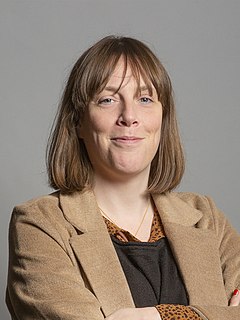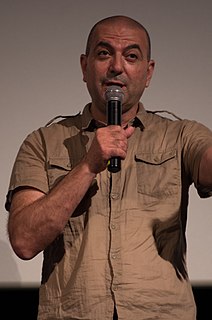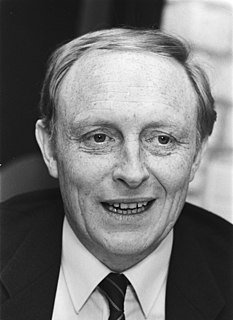A Quote by Jess Phillips
Rhe language of politics is experienced by most as spin with the assumption of dishonesty.
Quote Topics
Related Quotes
To cover politics in Washington allows you to live in the very, very wide gap between what the actual truth is, and how people are trying to manipulate the truth. They speak in the language of spin, obsequiousness, obfuscation. The meta of politics is just this endless source of material that can shed light on the psychology of the process.
Politics is different than movies. Politics are controlled by leaders. Leaders of every country have different interests. And they try to explain to their people why they should take one side or the other side. But in the movie its doing the opposite. It allows you to have a Universal Experience. You don't watch it as politics but as a movie. You don't have different reactions all over. It's so universal a language. It's not a political language serving a political agenda. The language of cinema is a world language. With the Hollywood movie, it brings about the same reaction wherever it goes.
The politics of language and the politics of writing really got to me. I've heard this phrase more than once now: this idea of the poetry wars, or the idea that people within the space of writing are at odds with one another or manipulating language to further one's political stance, manipulating language in ways that really felt dirty to me. All of these things worked their way into and through language for me.
Life didn't just happen to them. They experienced life at a deeper level than I had ever experienced it. I had been a radical, a left-wing politico, and meeting the Indian people made me realize that the politics of the left and the right were so much less important than the politics of the heart and the spirit.
I went into politics thinking that, if I made arguments in good faith, I'd get a hearing. It's a reasonable assumption, but it's wrong. In five and a half years in politics up north, no one really bothered to criticize my ideas, such as they were. It was never my message that was the issue. It was always the messenger.
When historians of early America turned from the pursuit of past politics, they devised a category known in the academy as 'social and intellectual history.' In it, they stuffed nearly everything except politics on the assumption, which the anthropologists assured them was correct, that it would all fit together. Somehow it did not.


































